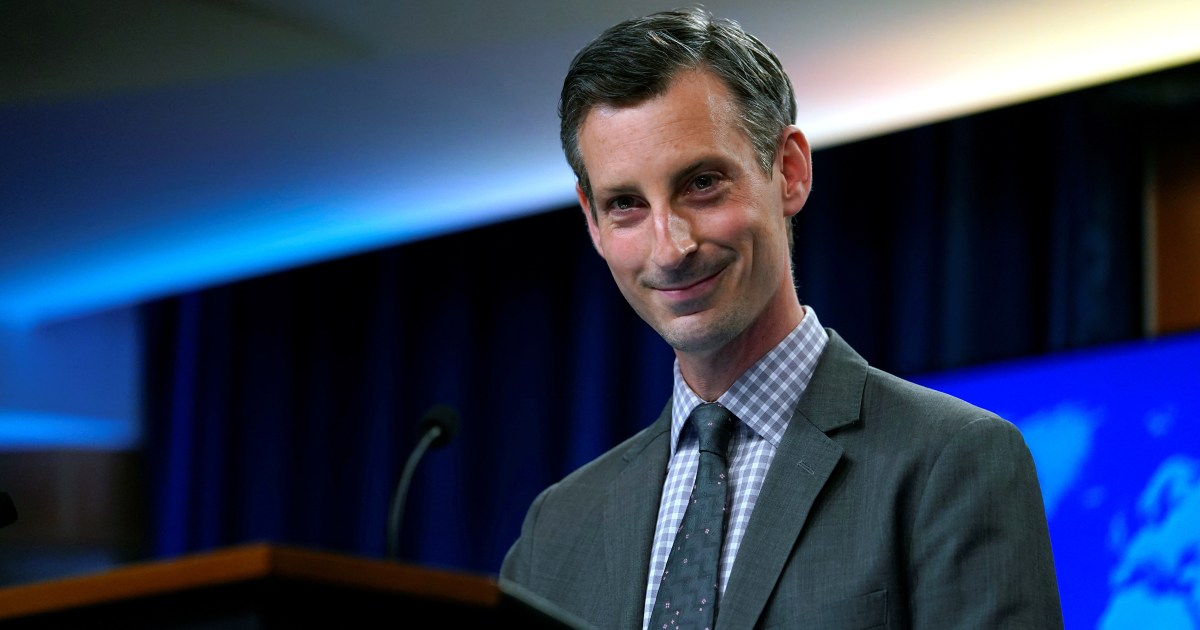The United States called on Iranian President Ebrahim Raisi to seize the opportunity of Washington's pursuit of diplomatic solutions to quickly return to the Vienna negotiations, hours after he was sworn in before Parliament.
State Department spokesman Ned Price stressed in a press conference that the United States is ready to defend its interests and national security if necessary.
"Our message to President Raisi is the same as our message to his predecessors, and it's simple: the United States will defend our national security interests and those of our partners," Price said. "We hope Iran seizes the opportunity now to move toward diplomatic solutions, and we wait to see the approach of the new Iranian government." .
For her part, White House spokeswoman Jean Psaki said that President Joe Biden believes that it is in the interest of the United States to continue to move forward with the diplomatic approach, with regard to the Iranian nuclear file.
Psaki added during a press conference that Washington is open to returning to the seventh round of negotiations with Iran, stressing that the timetable for returning to the negotiating table is not open forever.
keynote
These US statements come hours after the new Iranian President Ibrahim Raisi was sworn in before Parliament.
In a speech by the way, Raisi said that foreign intervention in the region does not solve any problem, but rather the problem itself, as he put it.
Raisi added that the solution to the region's crises must be through a genuine regional dialogue, stressing that he welcomes any diplomatic initiative that leads to the lifting of economic sanctions on Iran.
He added that he is extending his hand to deal with all countries in the region, stressing that strengthening regional relations is a priority in Iran's diplomacy during the coming period, as he put it.
In 2015, Iran signed the nuclear agreement with the United States, France, Britain, China, Russia and Germany, before the administration of US President Donald Trump withdrew from it in 2018.
Following the withdrawal, Washington imposed economic sanctions on Tehran in August, followed by oil sanctions in November of the same year.
And last April, the Vienna talks began to revive the nuclear agreement between Iran and the major countries, but six sessions held during the past months failed to achieve their goal.

